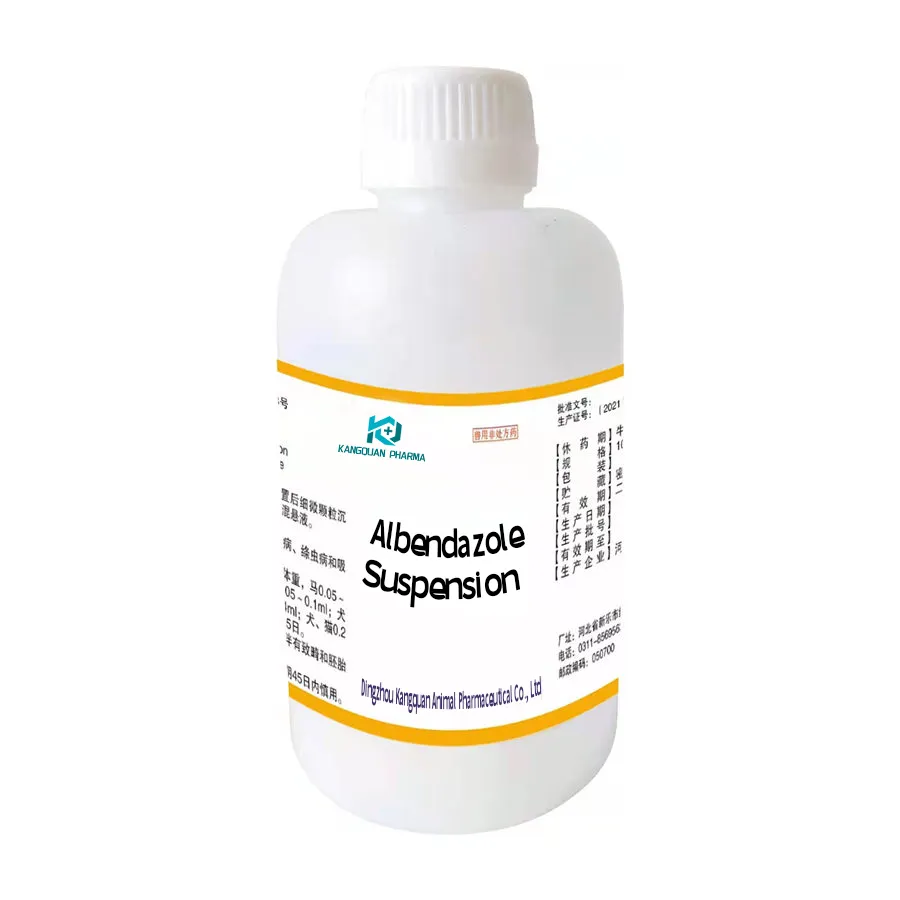- Afrikaans
- Albanian
- Amharic
- Arabic
- Armenian
- Azerbaijani
- Basque
- Belarusian
- Bengali
- Bosnian
- Bulgarian
- Catalan
- Cebuano
- Corsican
- Croatian
- Czech
- Danish
- Dutch
- English
- Esperanto
- Estonian
- Finnish
- French
- Frisian
- Galician
- Georgian
- German
- Greek
- Gujarati
- Haitian Creole
- hausa
- hawaiian
- Hebrew
- Hindi
- Miao
- Hungarian
- Icelandic
- igbo
- Indonesian
- irish
- Italian
- Japanese
- Javanese
- Kannada
- kazakh
- Khmer
- Rwandese
- Korean
- Kurdish
- Kyrgyz
- Lao
- Latin
- Latvian
- Lithuanian
- Luxembourgish
- Macedonian
- Malgashi
- Malay
- Malayalam
- Maltese
- Maori
- Marathi
- Mongolian
- Myanmar
- Nepali
- Norwegian
- Norwegian
- Occitan
- Pashto
- Persian
- Polish
- Portuguese
- Punjabi
- Romanian
- Russian
- Samoan
- Scottish Gaelic
- Serbian
- Sesotho
- Shona
- Sindhi
- Sinhala
- Slovak
- Slovenian
- Somali
- Spanish
- Sundanese
- Swahili
- Swedish
- Tagalog
- Tajik
- Tamil
- Tatar
- Telugu
- Thai
- Turkish
- Turkmen
- Ukrainian
- Urdu
- Uighur
- Uzbek
- Vietnamese
- Welsh
- Bantu
- Yiddish
- Yoruba
- Zulu
Dec . 07, 2024 07:36 Back to list
albendazole suspension
Albendazole Suspension An Overview
Albendazole is a broad-spectrum antiparasitic medication primarily used to treat a variety of parasitic infections in both adults and children. Available in different formulations, albendazole suspension is particularly favored for pediatric use due to its ease of administration and palatable taste. This article will discuss the pharmacology, indications, dosage, side effects, and important considerations related to albendazole suspension.
Pharmacology of Albendazole
Albendazole belongs to the benzimidazole class of drugs, which work by inhibiting the polymerization of tubulin into microtubules. This action disrupts various cellular functions in the parasites, leading to their immobilization and death. Albendazole is effective against a wide range of parasitic infections, including but not limited to, hydatid disease (caused by Echinococcus granulosus), neurocysticercosis (caused by Taenia solium), and soil-transmitted helminth infections like ascariasis and hookworm.
Unlike some other antiparasitics, albendazole has the advantage of being given in a single or limited course of treatment, which is often sufficient to clear the infection. Its absorption is enhanced when taken with fatty meals, as the drug is lipophilic. This characteristic influences its bioavailability and efficacy.
Indications
Albendazole suspension is primarily indicated for the treatment of various parasitic infections. Common indications include
1. Nematode Infections Albendazole is effective against common roundworms such as Ascaris lumbricoides (ascariasis), Enterobius vermicularis (pinworm), and Ancylostoma duodenale and Necator americanus (hookworms).
2. Cestode Infections The medication is also used to treat infections caused by tapeworms, including Echinococcus species responsible for hydatid cysts, and Taenia solium, leading to neurocysticercosis.
3. Filarial Infections In some regions, it has been noted to have a role in the management of lymphatic filariasis, particularly in combination with other antiparasitic drugs.
Dosage and Administration
albendazole suspension

The dosage of albendazole suspension varies depending on the type of infection being treated, the age of the patient, and other clinical factors. For children, the typical dosage is determined based on weight, reflecting the importance of tailored treatment in pediatric patients.
Albendazole suspension should be taken orally, and it is advisable to shake the bottle well before each use to ensure uniform distribution of the medication. As mentioned earlier, accompanying the dose with a fatty meal may improve absorption.
Side Effects
Albendazole is generally well tolerated, but like all medications, it can cause side effects. Some common side effects include
- Gastrointestinal disturbances Nausea, vomiting, abdominal pain, and diarrhea. - Dizziness or headache. - Liver function abnormalities Since albendazole is metabolized by the liver, monitoring liver function tests may be necessary in patients receiving prolonged therapy.
Rare but serious side effects can occur, such as hypersensitivity reactions or blood dyscrasias, necessitating immediate medical attention.
Considerations
Before prescribing albendazole suspension, healthcare providers should assess for any contraindications or potential interactions with other medications. Patients with a history of hypersensitivity to benzimidazole compounds should not use albendazole. Pregnant or breastfeeding women should use this medication cautiously, and only if the benefits outweigh the risks.
For optimal effectiveness, adherence to the prescribed treatment duration is crucial. It is also advisable for patients and caregivers to maintain good hygiene practices to prevent reinfection, particularly in cases of intestinal worms.
Conclusion
Albendazole suspension is a valuable tool in the fight against parasitic infections, particularly in children. Its broad spectrum of activity, convenience of administration, and overall safety profile make it an essential choice in both clinical and public health settings. By understanding its usage, potential side effects, and the importance of compliance, patients and healthcare providers can work together effectively to combat parasitic diseases.
-
Guide to Oxytetracycline Injection
NewsMar.27,2025
-
Guide to Colistin Sulphate
NewsMar.27,2025
-
Gentamicin Sulfate: Uses, Price, And Key Information
NewsMar.27,2025
-
Enrofloxacin Injection: Uses, Price, And Supplier Information
NewsMar.27,2025
-
Dexamethasone Sodium Phosphate Injection: Uses, Price, And Key Information
NewsMar.27,2025
-
Albendazole Tablet: Uses, Dosage, Cost, And Key Information
NewsMar.27,2025













